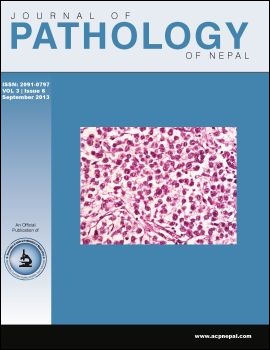Donor Hemovigilance Programme in managing Blood Transfusion Needs: Complications of Whole Blood Donation
DOI:
https://doi.org/10.3126/jpn.v3i6.8993Keywords:
Blood transfusion services, Adverse events, Donors, Donor reactions, Vasovagal reactionAbstract
Background: Hemovigilance like quality systems and audits have become an integral part of Blood Transfusion Services in the developed countries and has contributed greatly to its development. Hemovigilance begins with donors and must enable the collection of information on reactions occurring during the donation of blood, selections of donors and to prevent such incidents. The aim of study was to help identify the trends of adverse events , occurring in blood donors at a tertiary-care hospital, to recommend best practices to improve donor care and safety
Materials and Methods: This record-based study was conducted on all adverse events related to allogenic whole blood donations performed over 24 months. All whole blood donations were analyzed. All adverse events occurring during or at the end of the donation were noted using a standardized format and analyzed determining significance at p<0.05.
Results: Overall rate was 0.3% with vasovagal reactions constituting 82%, and 18% mild syncopal reactions (p<0.001). Immediate vasovagal reaction with injury was very rare (0.007%). Vasovagal reactions showed a significant association with young age, female gender, first time donation status. Mean age of persons recording adverse effects was 30.23 ± 7.49 years as compared to those without adverse effects, 31.14 ± 8.56 years.
Conclusion: Donor safety is an essential perquisite to increase voluntary blood donation. AE analysis helps in identifying the blood donors at risk of AE, applying appropriate motivational strategies, predonation counseling, care during and after donation, developing guidelines and hemovigilance programme in countries with limited resources.
DOI: http://dx.doi.org/10.3126/jpn.v3i6.8993
Journal of Pathology of Nepal (2013) Vol. 3, 459-463
Downloads
Downloads
Published
How to Cite
Issue
Section
License
This license enables reusers to distribute, remix, adapt, and build upon the material in any medium or format, so long as attribution is given to the creator. The license allows for commercial use.




